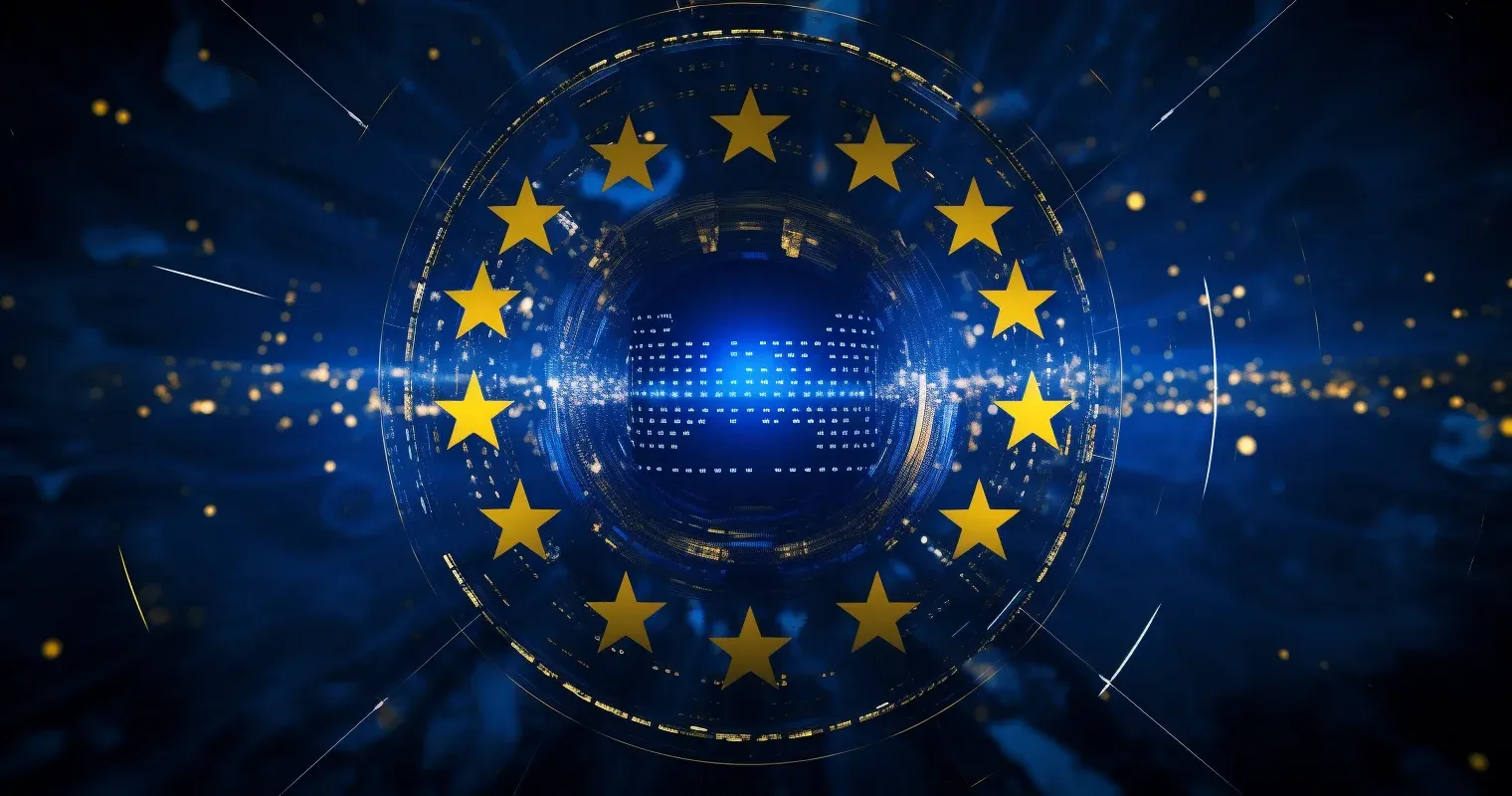December 12, 2023
It took two years — long enough to earn a Master's degree — but Europe’s landmark AI Act is finally nearing completion. Debates raged last week, but EU lawmakers on Friday reached a provisional agreement on the scope of Europe’s effort to rein in artificial intelligence.
The new rules will follow a two-tiered approach. They will require transparency from general-purpose AI models and impose more stringent safety measures on riskier ones. Generative AI models like OpenAI’s GPT-4 would fall into the former camp and be required to disclose basic information about how the models are trained. But folks in Brussels have also seen "The Terminator," so models deemed a higher risk will have to submit to regular safety tests, disclose any risks, take stringent cybersecurity precautions, and report their energy consumption.
According to Thierry Breton, the EU’s industrial affairs chief, Europe just set itself up as "a pioneer" and "global standard-setter," noting that the act will be a launchpad for EU startups and researchers, granting the bloc a “first-mover advantage” in shaping global AI policy.
Mia Hoffmann, a research fellow at Georgetown University’s Center for Security and Emerging Technology, believes the AI Act will “become something of a global regulatory benchmark” similar to GDPR.
Recent sticking points have been over the regulation of large language models, but EU member governments plan to finalize the language in the coming months. Hoffmann says that while she expects it to be adopted soon, “with the speed of innovation, the AI Act's formal adoption in the spring of 2024 can seem ages away.”
More For You
Bad Bunny during the Super Bowl LX halftime show press conference at Moscone Center.
Kirby Lee-Imagn Images
100 million: The number of people expected to watch the Super Bowl halftime performance with Bad Bunny, the Puerto Rican superstar and newly minted Album of the Year winner at the Grammys.
Most Popular
Think you know what's going on around the world? Here's your chance to prove it.
- YouTube
An imminent US airstrike on iran is not only possible, it's probable.
Americans are moving less — and renting more. Cooling migration and rising vacancy rates, especially across the Sunbelt, have flattened rent growth and given renters new leverage. For many lower-income households, that relief is beginning to show up in discretionary spending. Explore what's changing in US housing by subscribing to Bank of America Institute.
© 2025 GZERO Media. All Rights Reserved | A Eurasia Group media company.
